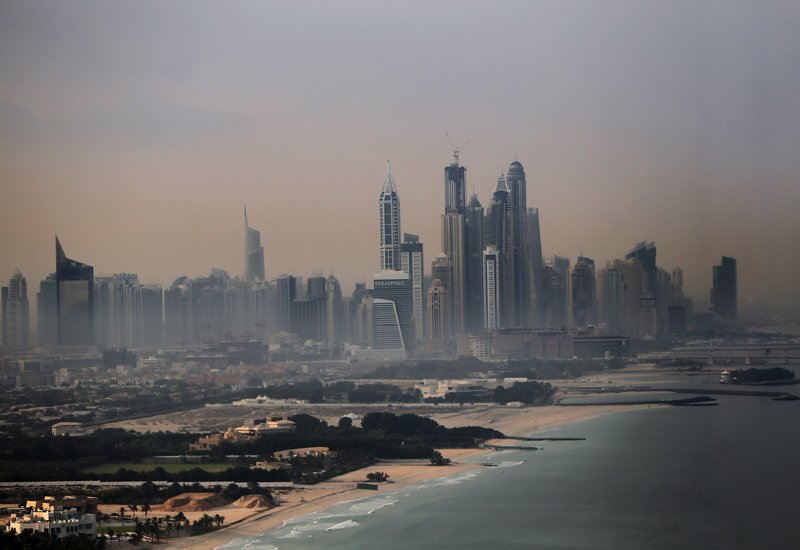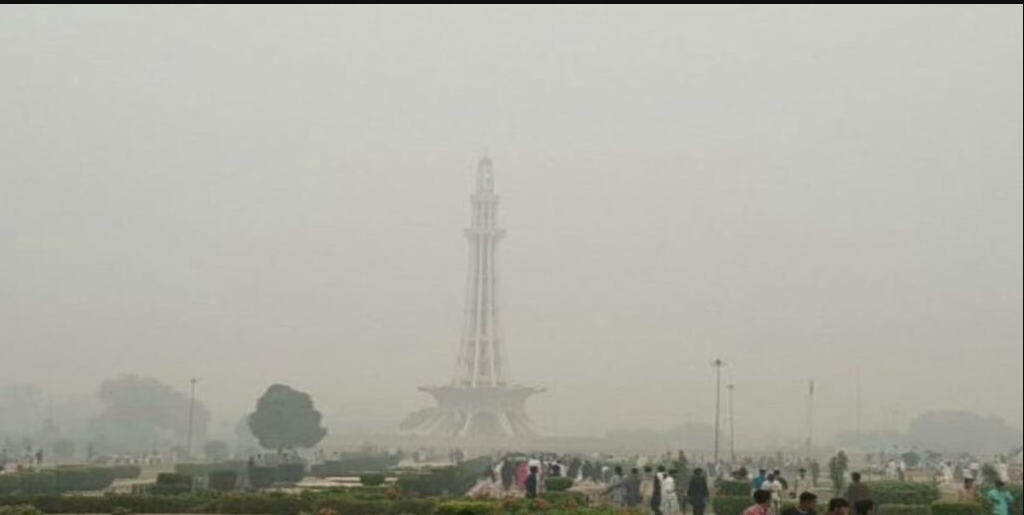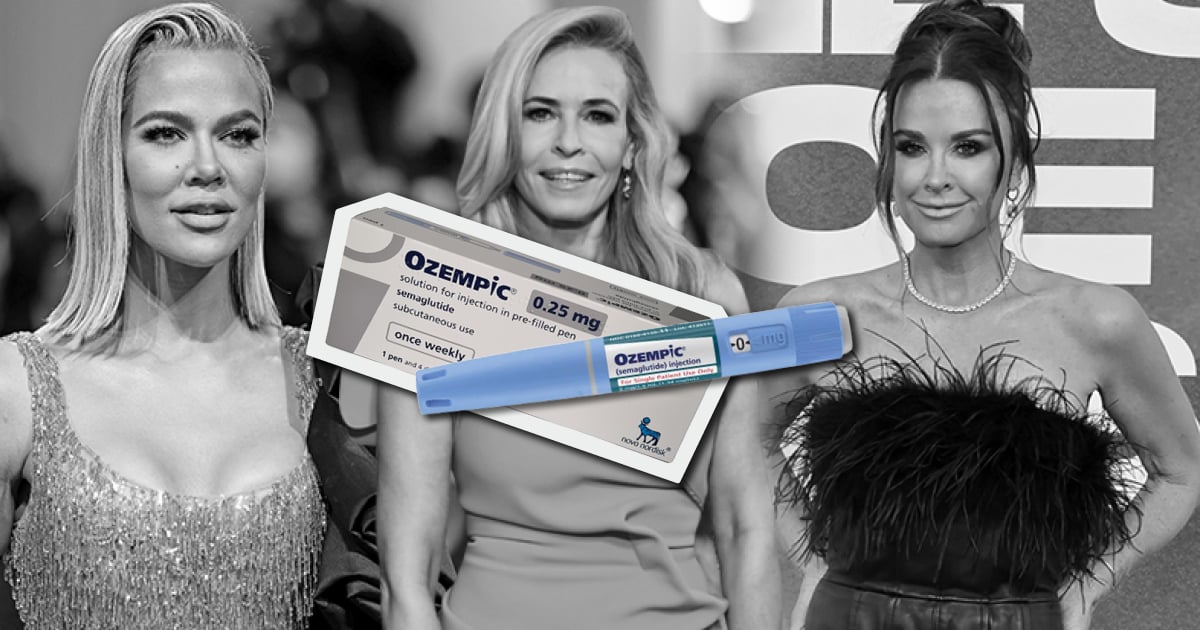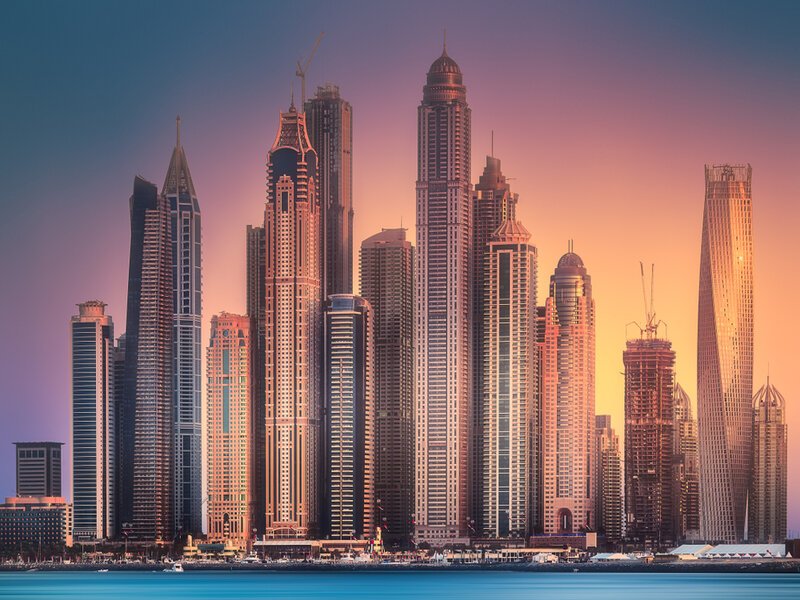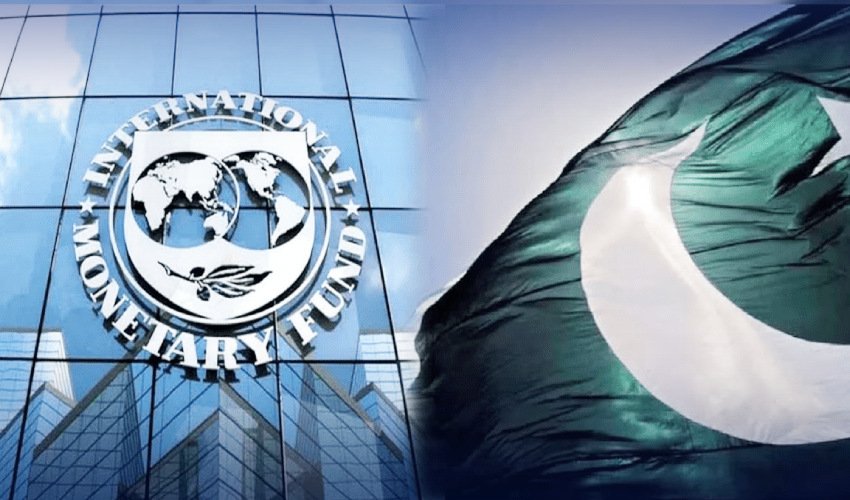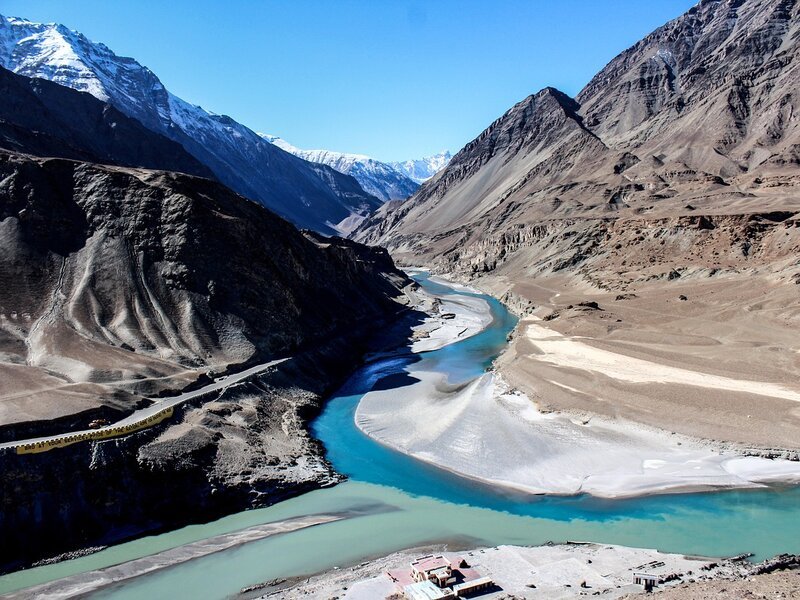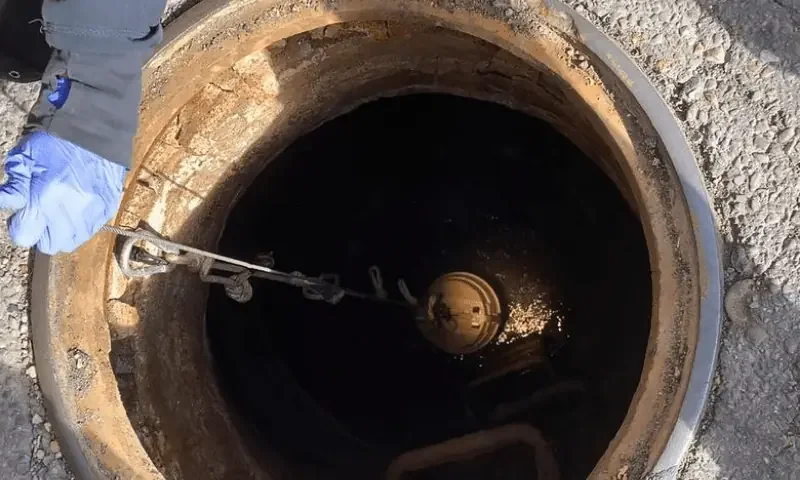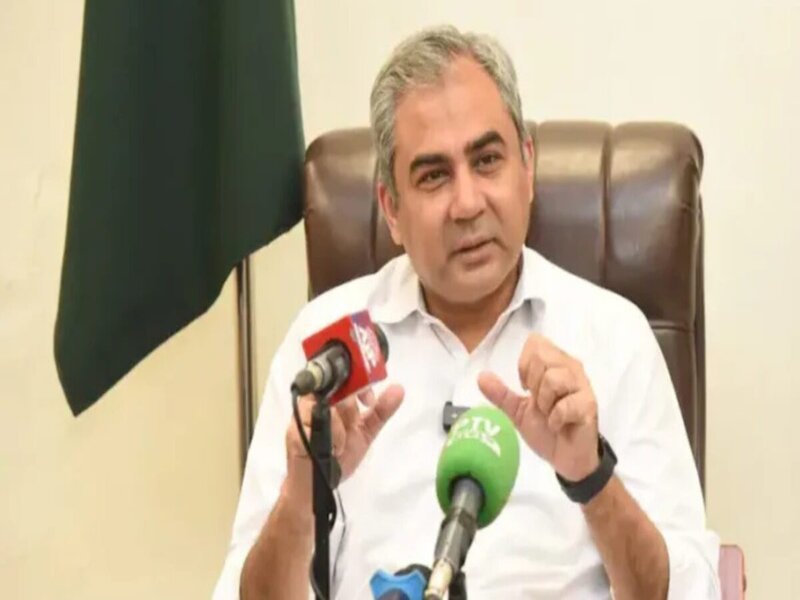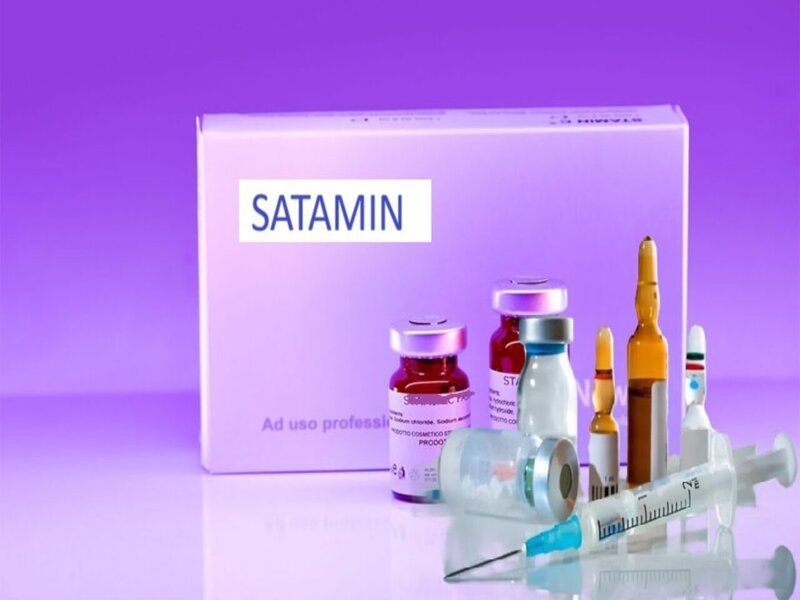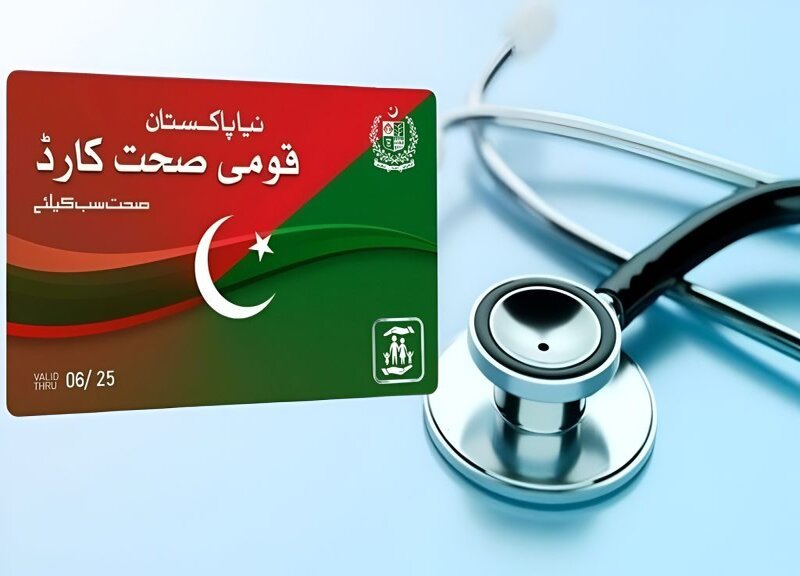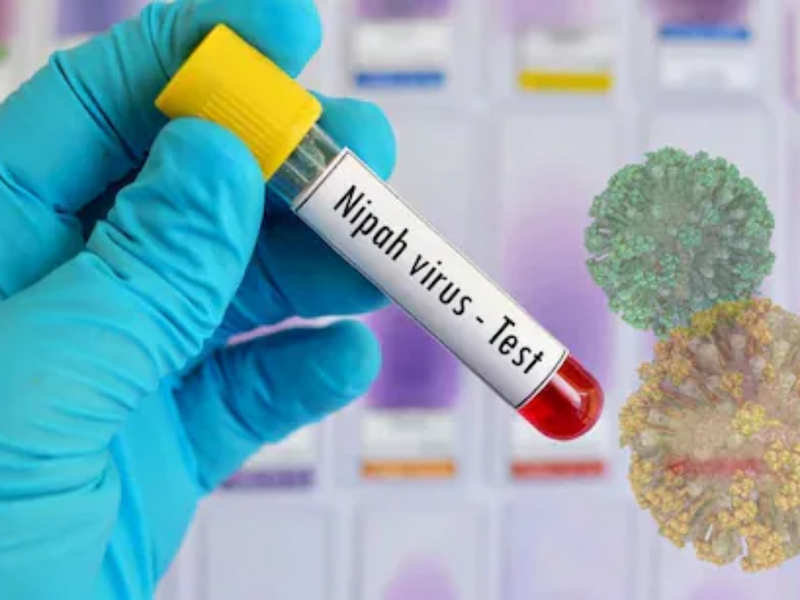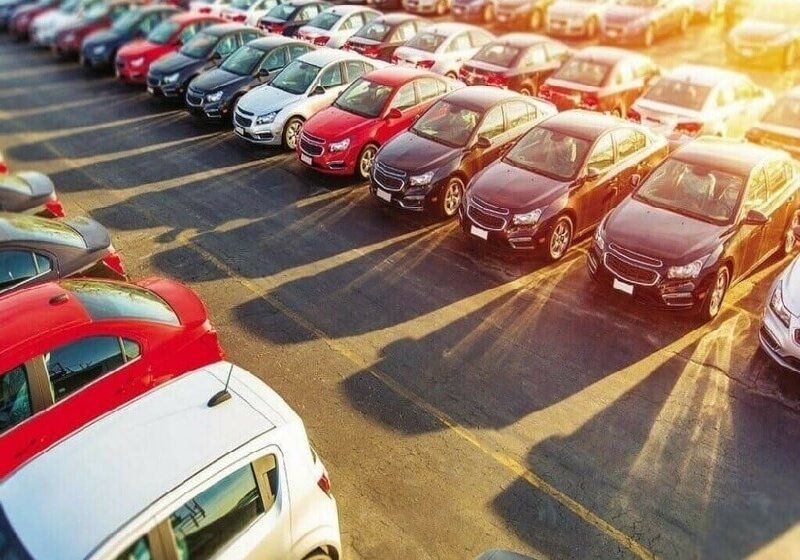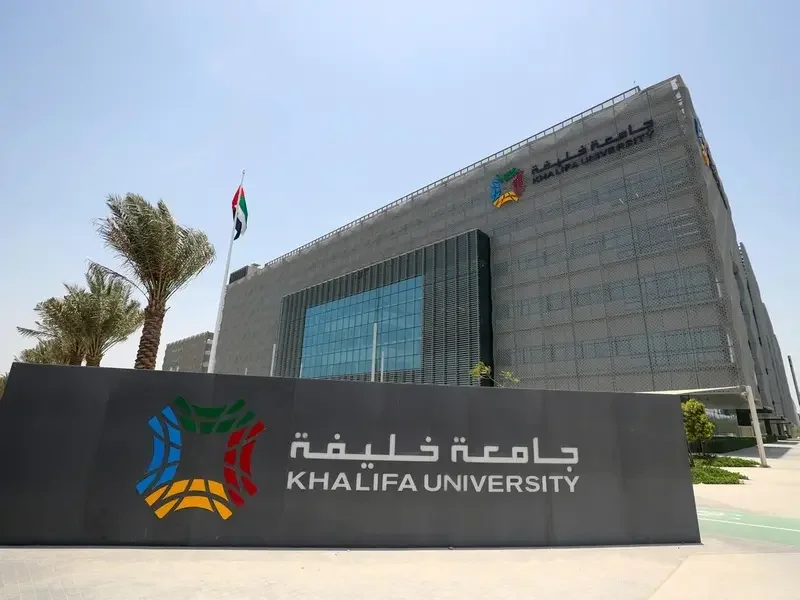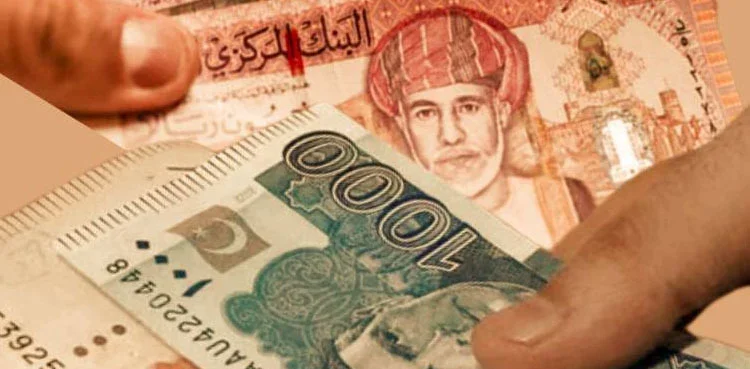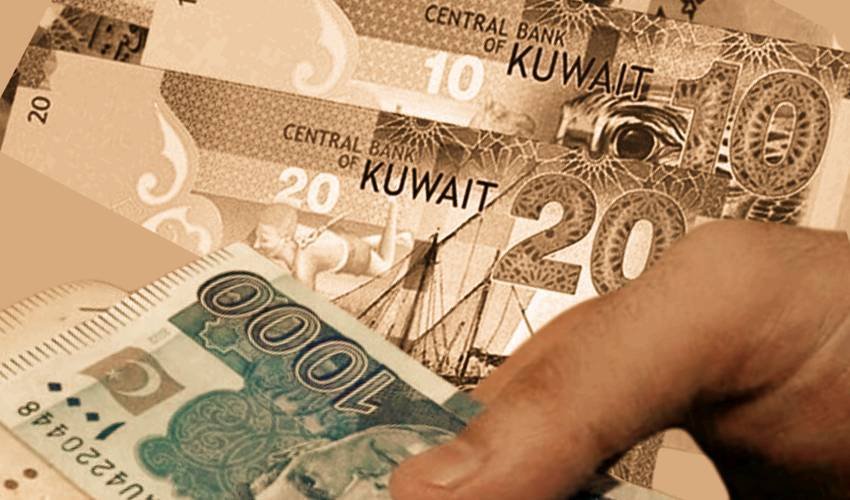Dubai has once again been ranked among the world’s top 10 most polluted cities, raising serious environmental and public health concerns in one of the Middle East’s most developed urban centers. According to the latest Air Quality Index (AQI) data from IQAir, Dubai recorded an AQI level of 155, categorizing its air quality as “Unhealthy.” This ranking placed the city ninth globally, alongside other heavily polluted cities such as Lahore, Delhi, Tashkent, and Cairo. Environmental experts link Dubai’s rising pollution levels to increasing vehicle emissions, continuous construction activities, and frequent regional dust storms. The city’s rapid infrastructure development and industrial expansion have significantly contributed to the accumulation of fine particulate matter (PM2.5), which poses serious health risks when inhaled over time. The UAE government is working to address these challenges through its Net Zero 2050 Strategy, which promotes renewable energy adoption, electric transportation, and sustainable urban planning. Despite these efforts, experts emphasize that pollution reduction measures must progress faster to keep pace with Dubai’s urban and industrial growth. Health professionals advise residents, especially children and elderly individuals, to minimize outdoor exposure during high-pollution periods, as long-term contact with polluted air can lead to respiratory and cardiovascular diseases. While Dubai continues to face significant air quality challenges, authorities remain focused on achieving sustainability goals. Ongoing initiatives include expanding air quality monitoring systems, regulating industrial emissions, and encouraging eco-friendly practices to protect public health and ensure a cleaner future for the city.
